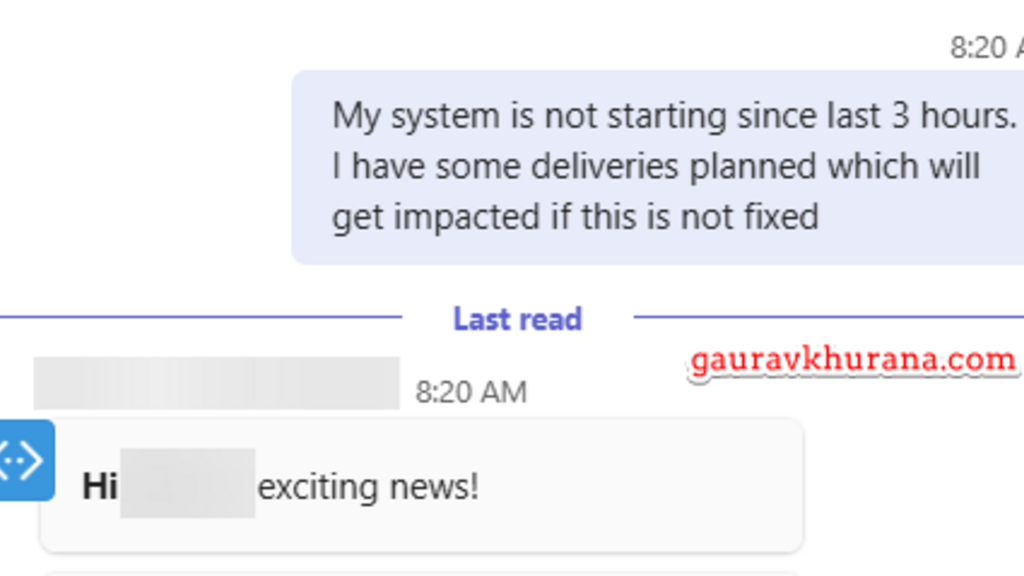
Bots can have default messages to greet, but they can be troublesome
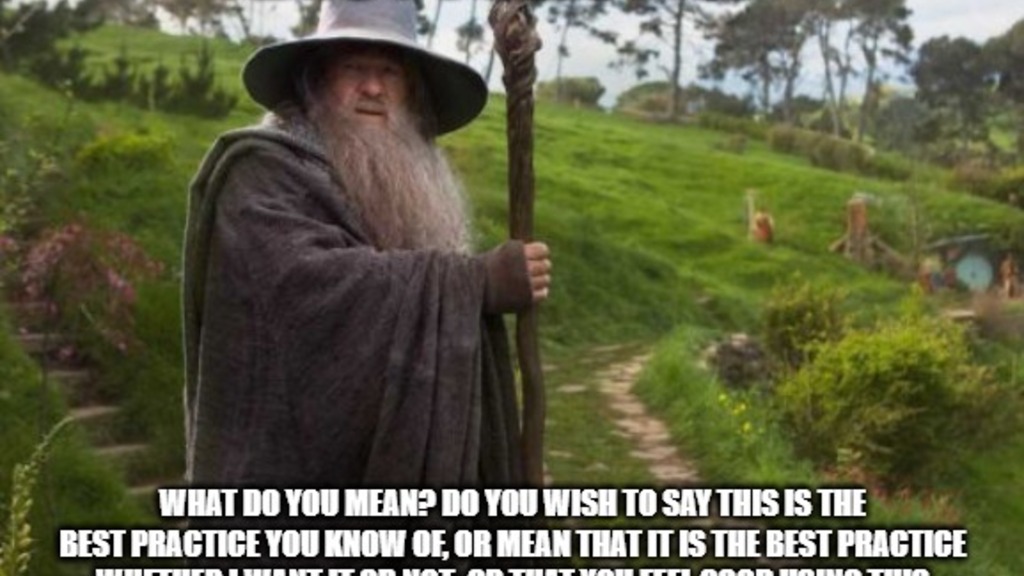
This scene plays in my head every time I hear the term "best practice" thrown around. There are good practices in context, but there are no best practices.
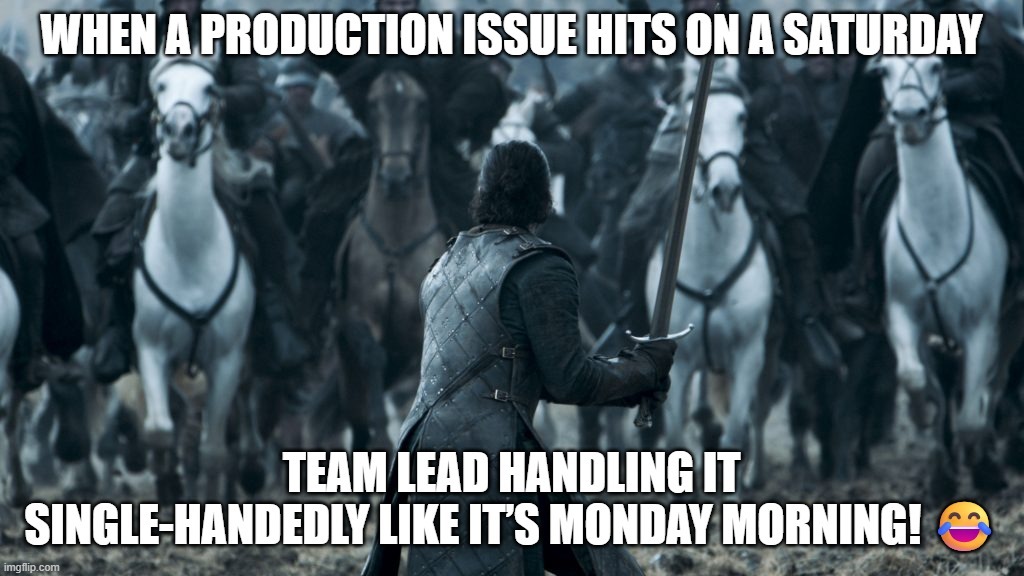
Team lead tackles a production issue single-handedly on a Saturday, saving the day.
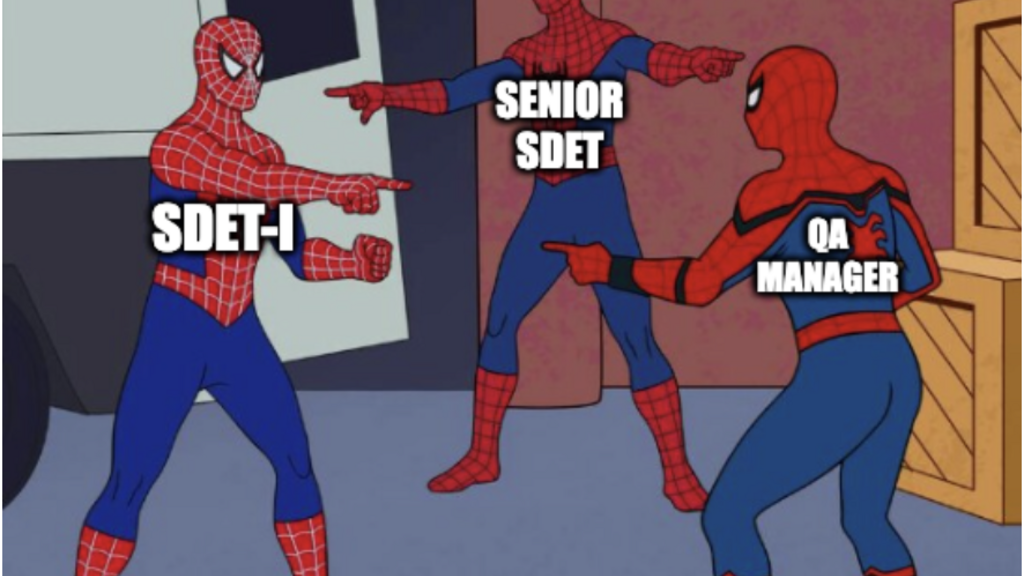
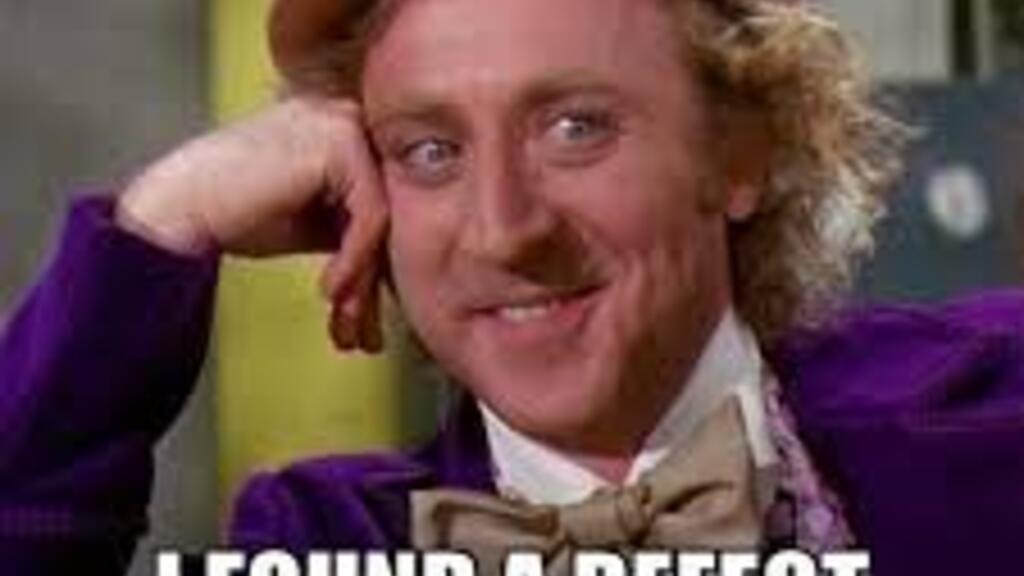
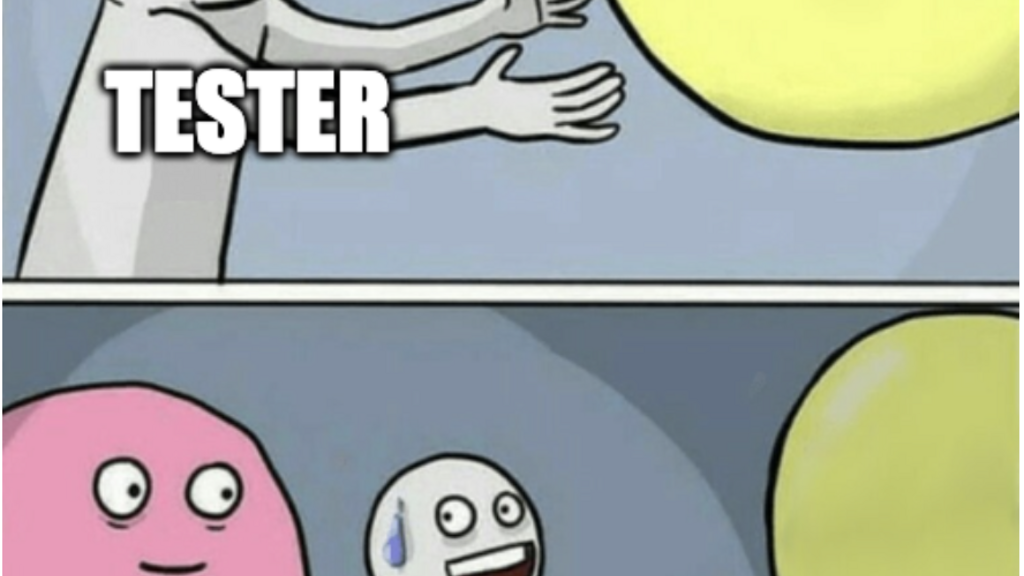
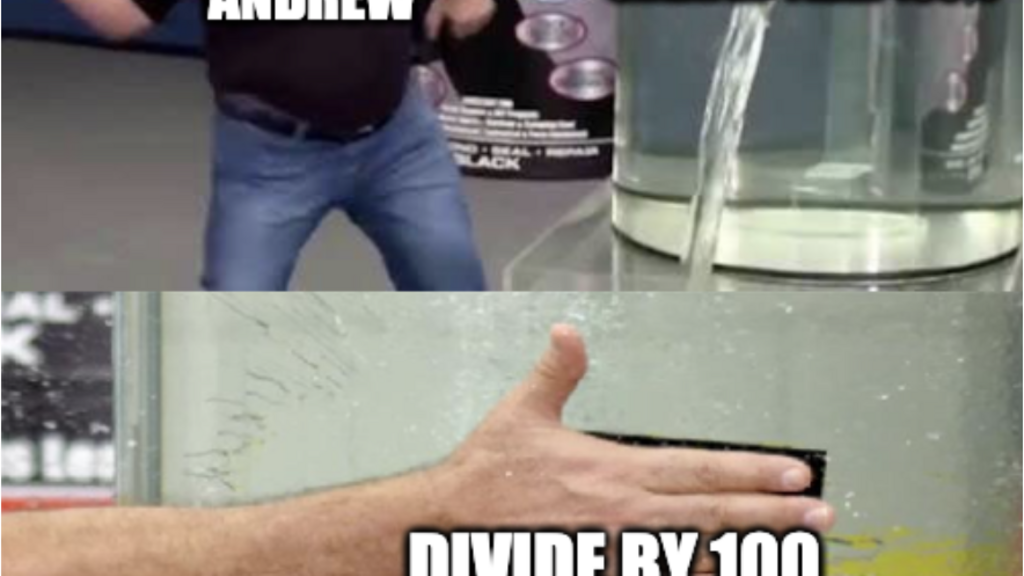

don’t take my loose planning as a lack of planning – it’s intentionally loose.
read more on https://www.o2sn.dk/2026/01/25/intentionally-loose-test-planning/

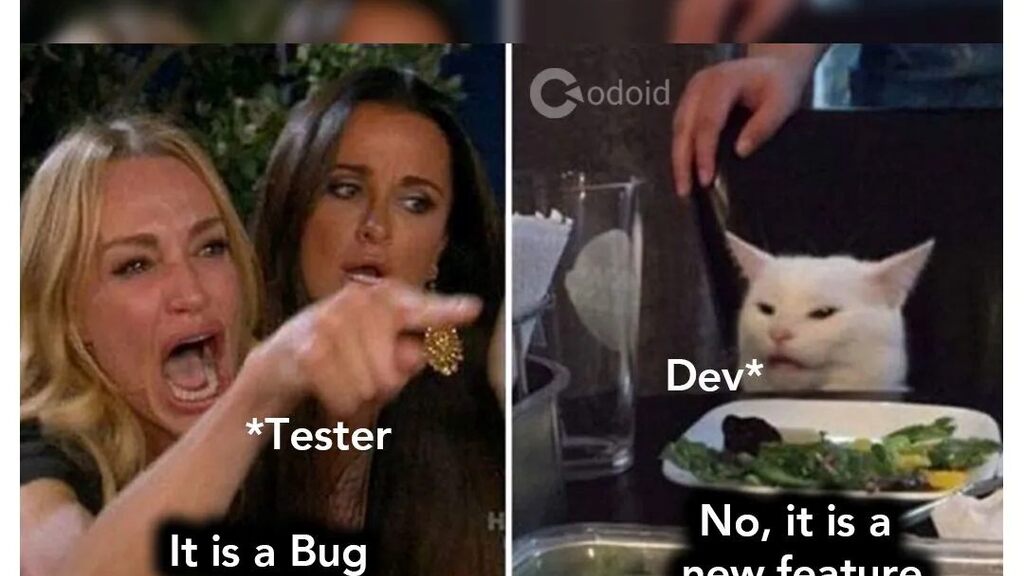

You know it's been a rough couple weeks when you start feeling kinship with mythological figures.
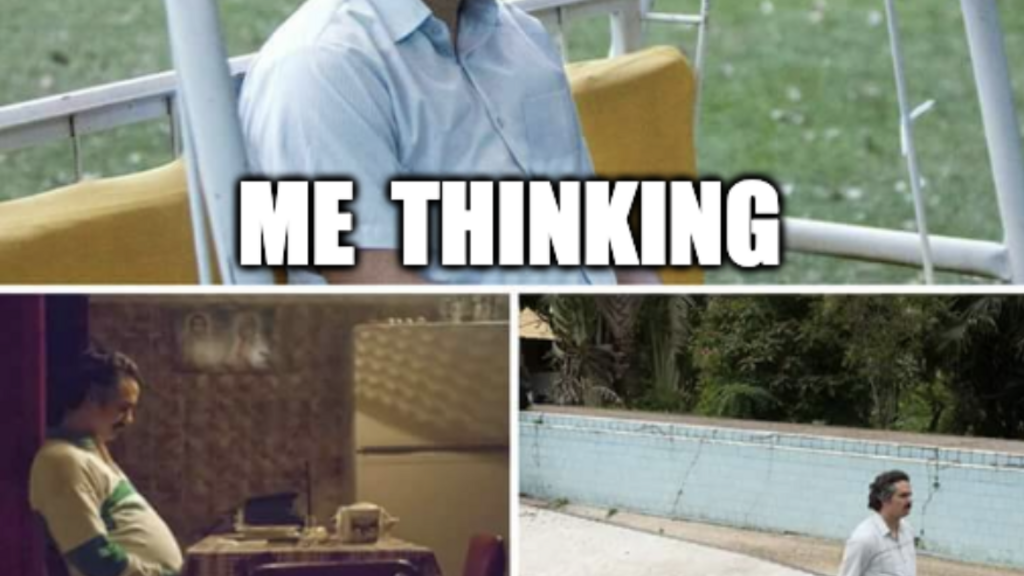
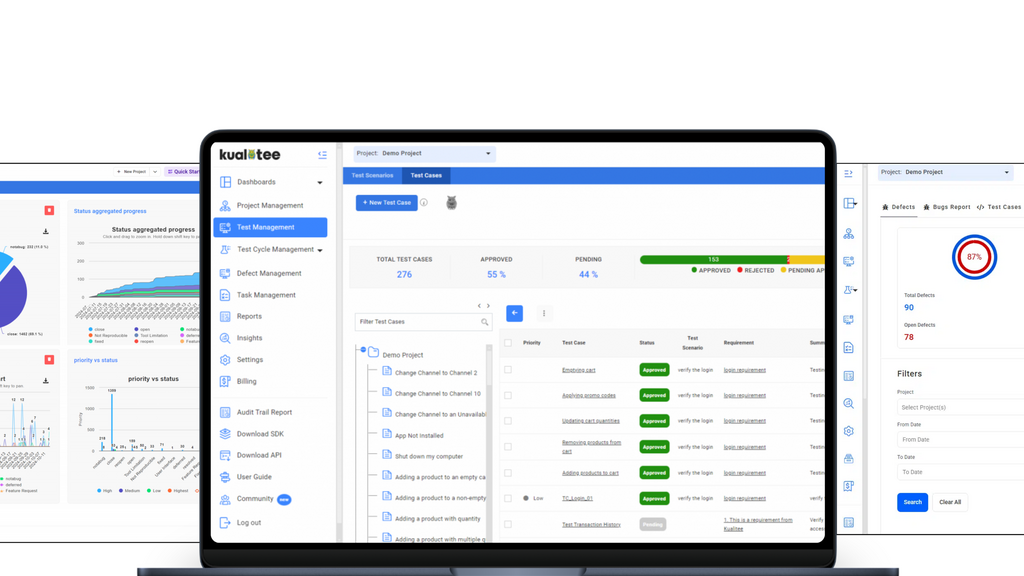
Manage your entire QA lifecycle in one place. Sync Jira, automate scripts, and use AI to accelerate your testing.

Jira Issue Connect brings live, real-time Jira data directly into TestRail, eliminating tab-switching and stale fields.

Get hands-on fast. AI-assisted test creation, and CI-friendly execution.
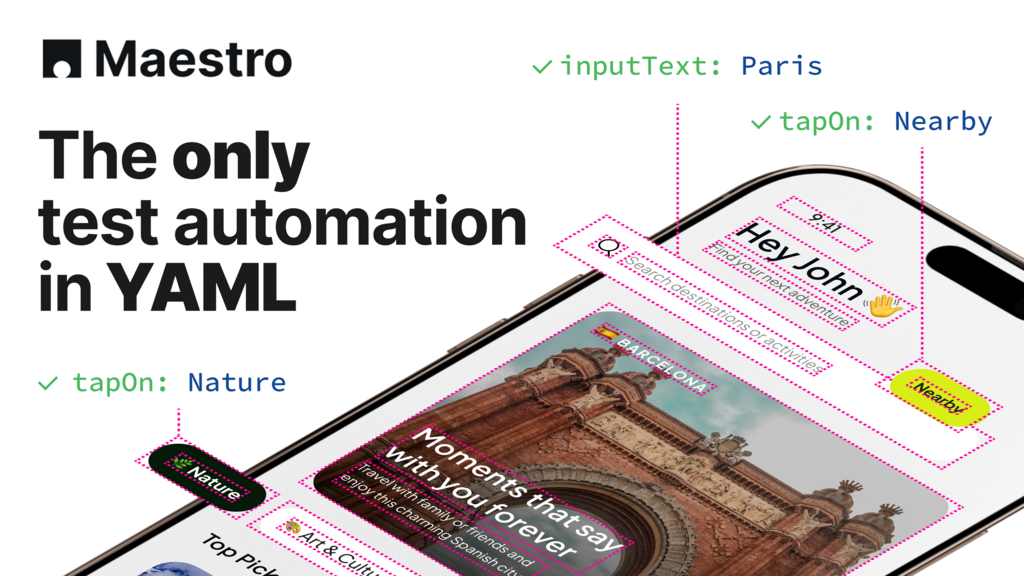
Create E2E tests visually. Get clear, readable YAML you can actually maintain.